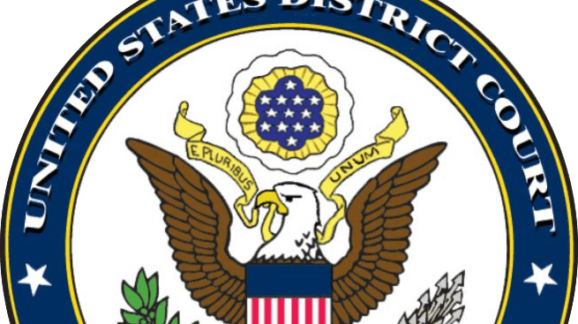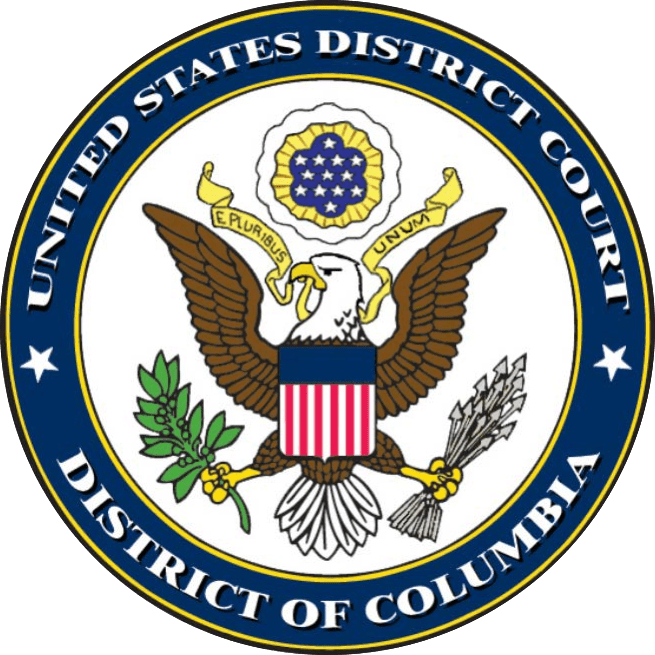Attorneys and the Pretense of Knowledge

 Late last week, member and former chairman of the Federal Election Commission, Matthew S. Petersen, withdrew as President Trump’s nominee for a vacant seat on the District Court for the District of Columbia, after enduring a grilling at his confirmation hearing from Sen. John Kennedy (R-LA). As a disclaimer, I don’t know Petersen personally and can only guess whether he’d make an suitable federal judge, but after seeing the exchange between him and Kennedy, the resulting clamorous outrage and gloating in the progressive blogosphere strikes me as quite unfair to Petersen.
Late last week, member and former chairman of the Federal Election Commission, Matthew S. Petersen, withdrew as President Trump’s nominee for a vacant seat on the District Court for the District of Columbia, after enduring a grilling at his confirmation hearing from Sen. John Kennedy (R-LA). As a disclaimer, I don’t know Petersen personally and can only guess whether he’d make an suitable federal judge, but after seeing the exchange between him and Kennedy, the resulting clamorous outrage and gloating in the progressive blogosphere strikes me as quite unfair to Petersen.
Being a competent attorney or judicious jurist is primarily about knowing where and how to research the answer to a convoluted legal question. The legal profession is a profession of specialization and Petersen has spent nearly all of his two-decade career in public service working on issues of constitutional and administrative law. Yet Kennedy’s quiz didn’t explore Petersen’s knowledge of the Chevron doctrine or the intersection between campaign finance law and the First Amendment. Rather, it focused on particular doctrines of federal/state abstention, criminal procedure and the Daubert standard for the admission of expert evidence. Ironically, in his hurry to embarrass Petersen, Kennedy’s own certitude was misplaced. He spoke of the “Dough-bear” standard, when as, per Georgetown Law Professor Mike Gottesman, attorney for the plaintiffs in Daubert and my own professor of evidence, the correct pronunciation is “Dow-burt.” Michael Gottesman, Admissibility of Expert Testimony After Daubert: The “Prestige” Factor, 43 Emory L. J. 867, 867 (1994). Kennedy expressed belief that a judge would see the Pullman abstention doctrine “a lot in federal court.” Well, the truth is that since the decision came down in 1941, it’s only been cited 19 times by the court to which Petersen was nominated. Chevron, a doctrine with which Petersen is certainly familiar, has been cited 870 times by the same court in the half the time.
That Petersen hasn’t routinely confronted doctrines of criminal or civil procedure in his career in government service has no bearing on whether he’d be capable of processing and learning them when presented with them in a pending case before him. Expecting judges to have the universe of judicial doctrine hard-coded into their brains is a recipe for disappointment, and it isn’t the type of judge we should want in any event.
To the contrary, Petersen’s candid acknowledgement about the limits of his knowledge is exactly the type of modesty that bespeaks good judicial temperament. The same with Petersen’s understanding the challenge in front of him if he were confirmed as a federal judge. A judge who bases decisions on the briefing of both parties and does a deep dive into research is far superior to one who acts simply based on instinct, belief, or preexisting knowledge. Even the American Bar Association, an organization that by no means has given Trump nominees an easy time, unanimously rated Petersen as qualified.
It sadly seems though that the media, public, and certain senators would prefer a judge with undue confidence or one who can feign as much.